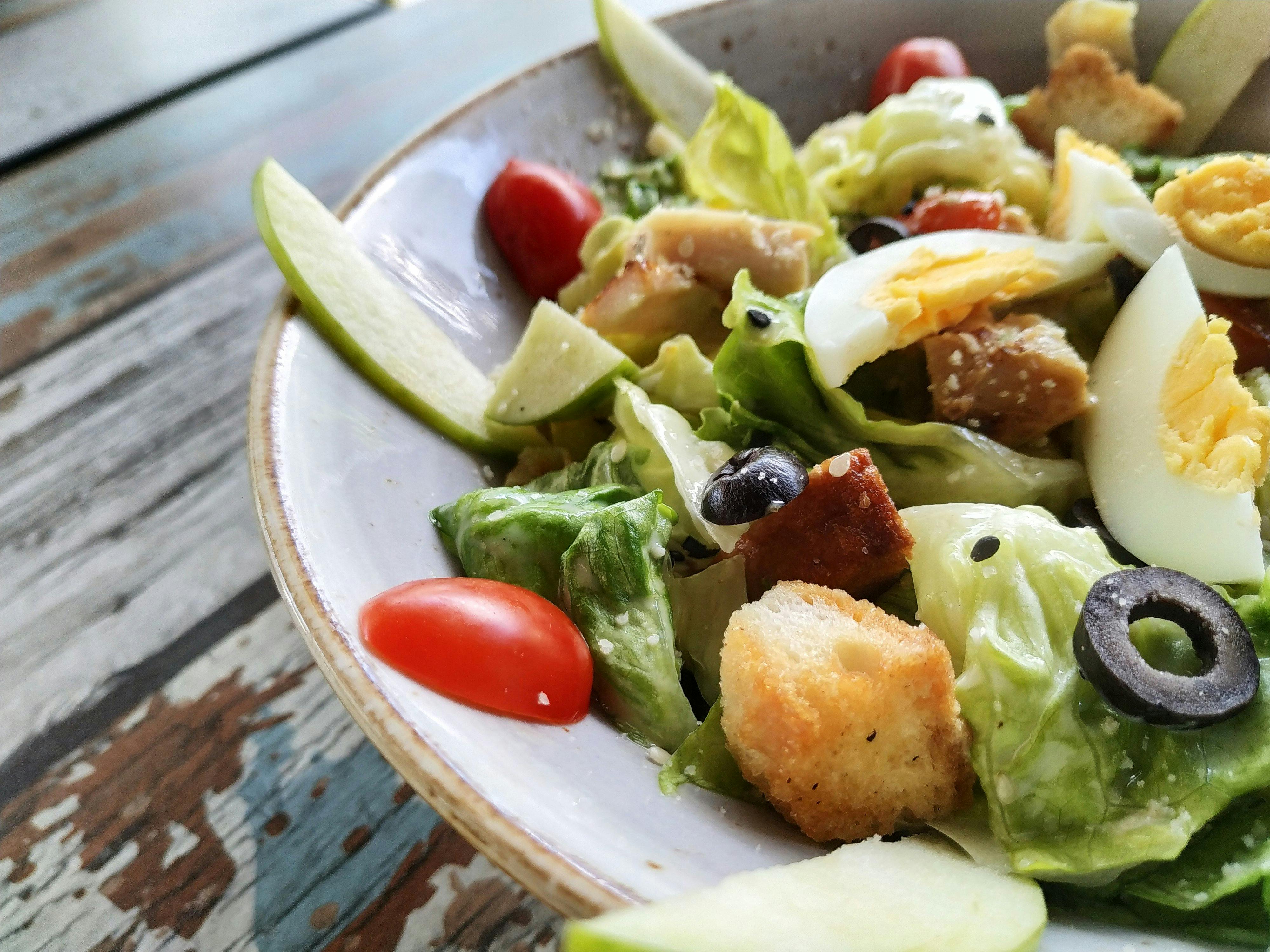Introduction
Trying to conceive can feel overwhelming, and it’s completely normal to wonder whether there is anything you can actually do to help. Many things affect fertility, including things you can’t control, such as your age, genetics and certain medical conditions. But your fertility can also be dramatically influenced by things you can control, your diet and lifestyle. Fertility dietitian, Amara Lindenmayer, shares, "I’ve seen firsthand how much of an impact small tweaks to your diet can have and the science is clear: what you eat has a big impact on if and when you conceive.
In this article, Amara shares some evidence-based tips for a fertility diet that works.
A fertility-friendly diet isn’t about strict rules. It’s about consistently nourishing your body with foods that optimize egg and sperm quality and support hormone health and implantation.
Eat to Reduce Inflammation
Focus on anti-inflammatory foods like:
- Extra virgin olive oil
- Oily fish (e.g., salmon, sardines)
- Legumes and whole grains
- Dark leafy greens, tomatoes, and colorful vegetables
- Berries, nuts, seeds, garlic, ginger, turmeric, cinnamon
Avoid excessive ultra-processed foods, high amounts of added sugars and refined carbs, processed meats, and charred meats where possible.
Balance Your Blood Sugars
Insulin resistance is strongly linked to ovulation issues and evidence shows that those with higher blood sugars (even without diabetes) take longer to conceive. To keep blood sugar stable:
- Choose low-GI (glycemic index) carbohydrates and whole grains where possible
- Include protein, fat, fiber, and acid with meals
Reduce Endocrine-disrupting Chemicals (EDC) Exposure
You can’t avoid all toxins, but small steps make a big difference:
- Wash fruits and vegetables
- Avoid heating food in plastic containers
- Skip non-stick cookware
- Be mindful of mercury levels in fish (e.g., avoid shark, swordfish)
Support Your Microbiome
Eat a diverse, plant-based diet. Aim for about 30 different plant foods each week and include fermented foods like:
- Sauerkraut
- Kimchi
- Kefir
- Yogurt
Cook at Home More Often
Home-cooked meals give you more control over ingredients and reduce your intake of hidden trans fats and excess sugars.
Final Thoughts
Improving your fertility through diet isn’t about perfection or following a super strict diet. It’s about making small evidence-based tweaks with big impacts. Working one-on-one with a qualified fertility dietitian can provide you with guidance and support to help you get pregnant faster and have the healthiest pregnancy possible.










